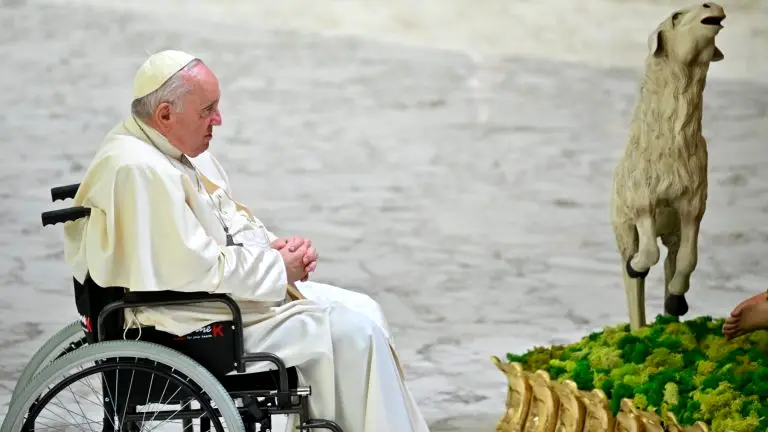World
See 5 cardinals likely to succeed Pope Francis as next leader of catholic church

The world is mourning the passing of Pope Francis, who died at the age of 88 after a prolonged battle with health complications, including a recent struggle with double pneumonia.
The pontiff’s death, which came just a day after he was seen greeting the faithful at St. Peter’s Basilica, marks the end of a deeply influential papacy. Known for his humility, progressive views, and dedication to social justice, Pope Francis had already sparked discussions about succession long before his passing due to his declining health.
With his death now confirmed, global attention shifts to the College of Cardinals — the body responsible for electing the next Pope.
As Vatican tradition dictates, a papal conclave will soon convene to elect a new pope.
1. Cardinal Pietro Parolin (Italy)
As the Vatican’s Secretary of State since 2013, Cardinal Parolin is the most senior official within the Roman Curia. Aged 70, he is known for his diplomatic acumen and balanced theological stance, often steering clear of the Church’s internal ideological divides.
Parolin has represented the Church in critical geopolitical matters and continues to emphasize dialogue and diplomacy. Recently, he underscored the need for inclusive peace strategies, warning against “unilateral impositions” that neglect the rights of peoples.
His experience and moderate tone make him a strong contender — one with both Vatican and global gravitas.
2. Cardinal Peter Erdö (Hungary)
At 72, Hungarian Cardinal Peter Erdö is one of the more conservative voices within the Church. A canon law expert and former President of the Council of Bishops’ Conferences of Europe, Erdö has consistently defended traditional Church doctrines.
He’s known for his firm stance against allowing divorced and remarried Catholics to receive Communion, citing the indissolubility of marriage. His views on immigration have also sparked debate, having once compared the refugee crisis to human trafficking.
Erdö’s conservatism may resonate with traditionalists seeking a return to stricter orthodoxy.
3. Cardinal Luis Antonio Tagle (Philippines)
Cardinal Tagle, 67, is widely seen as the torchbearer of Pope Francis’s more progressive legacy. Currently serving as Pro-Prefect for the Section of First Evangelization, Tagle was elevated to cardinal by Pope Benedict XVI.
Known for his compassion and inclusive rhetoric, Tagle has publicly criticized the Church’s past treatment of marginalized groups, including gay people and single mothers. His Asian heritage and pastoral approach could mark a historic shift, as he would be the first pope from the Philippines — or any Asian country.
4. Cardinal Matteo Zuppi (Italy)
Often described as a protégé of Pope Francis, 69-year-old Cardinal Matteo Zuppi has gained recognition for his peacemaking efforts and socially conscious outlook. He currently serves as President of the Italian Episcopal Conference.
Zuppi has led Vatican missions to conflict zones like Ukraine and met with global leaders such as U.S. President Joe Biden. Known for his inclusive language toward the LGBTQ community, Zuppi has advocated for a Church that listens, heals, and builds bridges.
His close alignment with Francis’s vision could make him a favorite among progressive cardinals.
5. Cardinal Raymond Leo Burke (United States)
A stark contrast to many on this list, American Cardinal Raymond Burke is often considered the standard-bearer for traditionalist Catholicism. Aged 76, Burke was elevated to cardinal by Pope Benedict XVI and is known for openly criticizing Pope Francis’s reforms.
He has taken hardline stances against Communion for pro-choice politicians and those in non-traditional marriages, and has resisted shifts in Church language around contraception and civil unions. Though polarizing, Burke appeals to conservative factions within the Church who seek a doctrinal course correction.

























